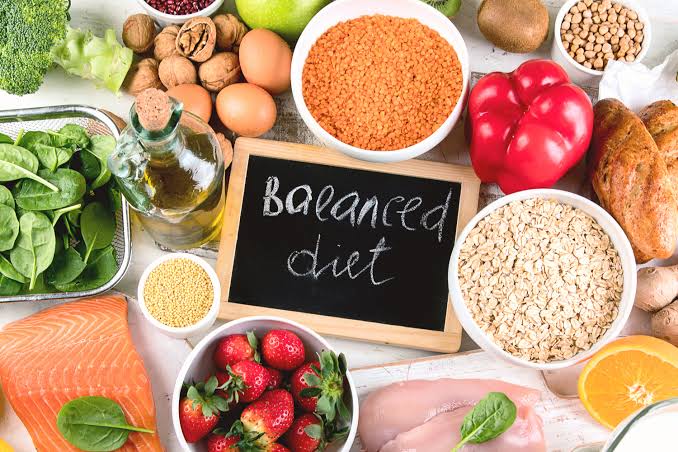- Get link
- X
- Other Apps
JUST IN
- Get link
- X
- Other Apps

7 Main nutrients: THERE FUNCTIONS AND WHY WE MAKE USE OF THEM.
TO eat fast food is easy because it's convenient, right? However, in order to feel and look your best, your body requires high blend of nutrients. Your body not only want the right proteins, carbohydrates, fats, vitamins and minerals but also requires an adequate amount of fluids to stay hydrated. Truth be told, even the most careful eater might struggle to meet each nutrient target every day!Protein
Your body uses protein to bring out important molecules, like enzymes and hormones. Protein is also used to build and maintain muscle tissues, and is just what you need to satiate those sudden hunger pangs. Up to 30% of your daily calorie intake comes from lean plant or animal protein such as soyabean, fish, eggs and poultry.
To crown it all, protein is a macronutrient that is absolutely vital for almost every cell in the body, especially because your body is constantly assembling, breaking down and also using protein at the same time. Hence, it is essential to include enough protein in your diet every day in order to replace what you've already used.
Carbohydrates
Another micronutrient that is like fuel to your body are carbohydrates and hence, it is important to get enough every day. It is recommended to get about 40% of your calories from whole grain, vegetable, beans and fruit carbs.
Fat
Although your body requires small amounts of beneficial fats, don't go hog wild just yet! You're probably already getting enough. In fact, our typical diet supplies more total and saturated fat than we need, and not enough healthy fats, such as fats from nuts, olive oil, fish and avocados. Fats are a very concentrated source of calories and it is recommended that you limit fats to 30% or less of your daily calorie intake.
Vitamins & Minerals
A lot of chemical reactions that your body performs on a regular basis involves a major role of vitamins and minerals, such as magnesium and calcium. A diet that is well-balanced helps to supply the minerals and the vitamins that your body requires to remain healthy.
However, if you cannot meet the recommended amount regularly, you can also opt for supplements. Nipro syringes are quite handy when it comes to taking supplements and can be easily procured from trusted medical stores such as Smart Medical Buyer.
Phytonutrients
Phytonutrients are plant foods that produce a wide range of natural compounds. They benefit our bodies in more ways than one - prevents diseases, enhances immunity and also repairs DNA damage. Considering that their pigments give fruits and vegetables their beautiful colours, it is essential to eat colourful, plant-filled meals.
Fiber
Fiber not only supports the digestive process, but also helps to fill you up while promoting the growth of friendly bacteria in the digestive tract. The best sources of dietary fiber are beans, vegetables, whole fruits and whole grains.
It is also important to note here that, with safety and hygiene requirements at its peak, it is important to have infrared thermometers that help measure surface temperature at home. It allows for quick and easy testing of food surface temperatures without contamination.
Water
Our body is 70% water. So, it's no surprise that we need to stay hydrated in order to feel our best. Our bodies need water to transport nutrients to cells and also get rid of waste products. Water helps control body temperature and lubricates joints, tissues and organs too. Additionally, it is recommended to consume at least 240mL of water regularly.
Good health lies in eating the right foods, clubbed with regular exercise and sufficient rest. A proper balanced nutritional diet will not only help you fuel your daily activities, but also promote a lifetime of wellness.

Comments
Post a Comment
Let know your comments